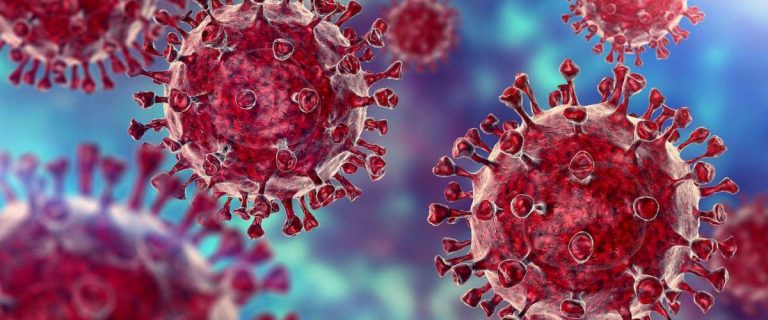The Delta variety is raging in numerous countries. Are current immunizations effective in protecting us? Let’s find out in this article, which includes insights from Dr. Soumya Swaminathan, WHO Chief Scientist.
Are the existing vaccines effective against the Delta variant?
The Delta variant is the fourth variant identified by WHO as a source of concern. Because this variety is more transmissible than the previous variant and can fight against antibodies found in our bodies. This means that you will require a higher amount of antibodies to deal with this variant than the Alpha variant. The excellent news today is that the WHO has approved all vaccines for emergency use to help prevent disease progression, minimize hospitalization risk, and reduce mortality related to the Delta variant.
In nations plagued by the Delta variety, studies are being performed to demonstrate that vaccinated people are less likely to require hospitalization. And two shots are required to achieve full immunity against the Delta variant. Therefore, if you have access to WHO-approved vaccines, receive two doses as soon as possible to be protected against the Delta form and other variants of COVID.
What is the difference in the level of protection after one dose versus two doses?
As we all know, immunizations are not only meant to prevent infection, but also to assist keep the disease from worsening even if you are afflicted with COVID. Current vaccines perform admirably in this regard. While clinical efficacy reports for several vaccines range from 70 to 90%, the actual efficacy in preventing serious disease and lowering the risk of hospitalization is greater than 90%.
We all desire a vaccine that eliminates the chance of infection. However, there is currently no vaccine that offers 100% protection. That means you can contract COVID even if you’ve been vaccinated. What you should be concerned about here is whether the vaccine will help lessen the condition or cause no symptoms at all.

If we can still become infected and risk infecting others, what is the point of getting vaccinated?
There are 2 reasons why you need to get vaccinated. First, immunizations help stop you from being very ill if you are unlucky enough to get infected. You will lower your likelihood of needing hospitalization, intensive care, ventilation or, worst case scenario, death. As we know today, everyone is at risk. When infected with Covid, a typical healthy person is at 100% danger of death. That’s why we need to be vaccinated. Second, even while the vaccination cannot provide 100% protection, the odds of you getting infected and passing it on to others will be quite low.
We don’t want to become F0 and start a chain of infections. Controlling infection chains is also the foundation for illness prevention. As a result, decreasing infection rates, along with other preventive measures, is critical to successful epidemic prevention efforts.


